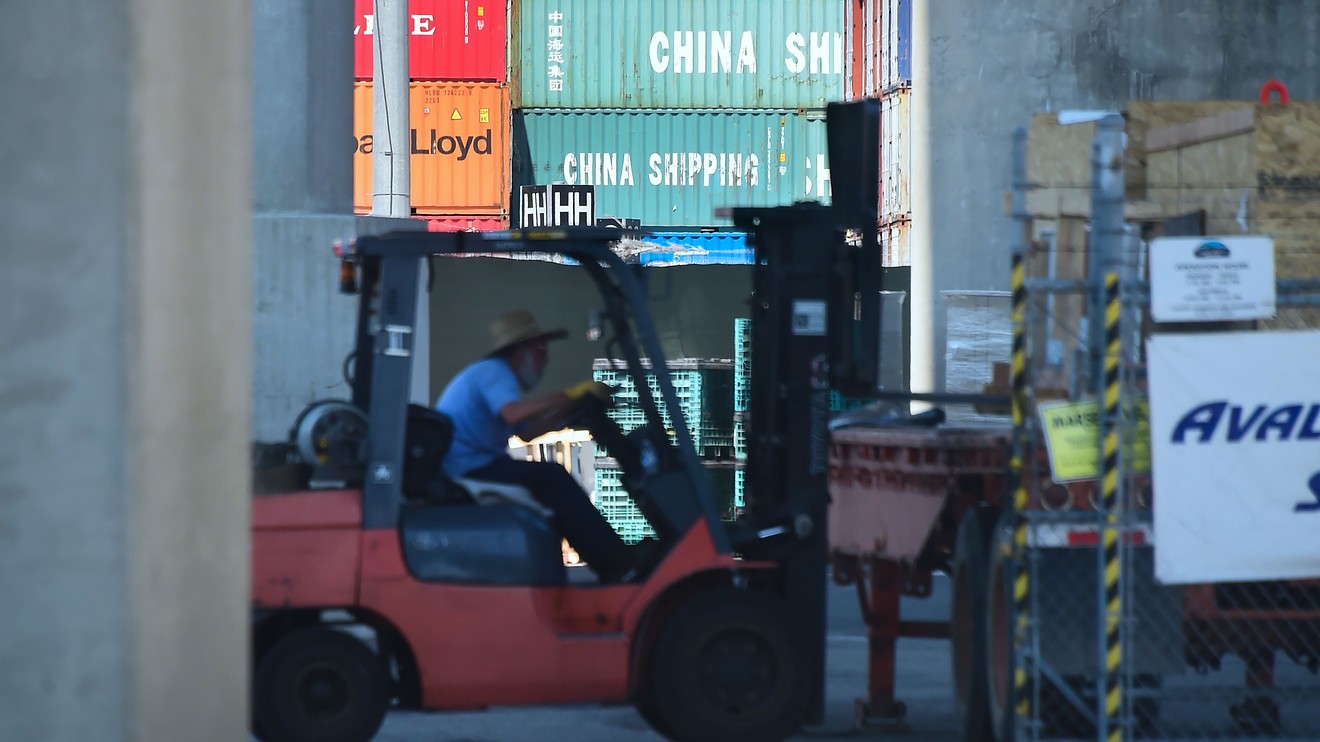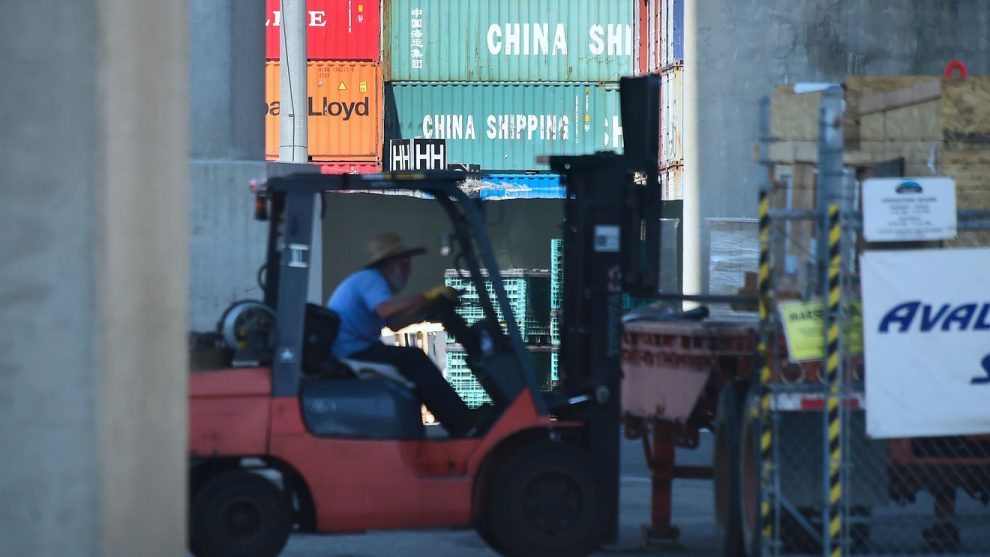
Rising U.S.-China trade tensions rattled global markets this week, and prompted one major wealth manager to make a shift in its U.S. portfolios in a bid to reduce risk exposure.
In a late Thursday note, Mark Haefele, chief investment officer for UBS Global Wealth Management, said the firm was dropping its overweight positions in emerging market hard currency bonds versus U.S. government bonds. UBS was the fifth largest U.S. wealth management firm, with around $601 billion in private-client assets under management in 2018, according to Barron’s.
“The spreads on emerging market bonds have remained resilient even as trade tensions have escalated, a testament to their solid fundaments, but the spreads are likely to widen if additional tariffs increase growth concerns,” Haefele wrote. “In contrast, U.S. Treasury bond yields are likely to fall in that scenario. This adjustment reduces some risk in the portfolio without giving up much upside if a trade agreement is reached.”
Yields and bond prices move in opposite directions.
In the year to date, the iShares J.P. Morgan USD Emerging Markets Bond ETF EMB, +0.29% the largest hard-currency emerging-market bond ETF, is up around 5% versus a 3% rise for the popular iShares 20+ Year Treasury Bond ETF TLT, -0.08%
The U.S. early Friday followed through on a threat to raise tariffs on $200 billion of Chinese imports to 25% from 10%, while President Donald Trump has threatened to extend levies to all Chinese imports. Beijing has vowed to retaliate. Meanwhile, talks between U.S. and Chinese negotiators were set to proceed.
Trump Today: President says ‘no need to rush’ China talks after tariffs take effect
The yield on the benchmark 10-year U.S. Treasury TMUBMUSD10Y, +0.88% fell this week as investors looked for haven assets, while global stocks retreated ahead of the tariff move, which was telegraphed by Trump in a tweet last Sunday. The S&P 500 SPX, +0.14% and the Dow Jones Industrial Average DJIA, +0.25% are both on track for a nearly 3% weekly loss, the biggest of the year for both gauges. The S&P 500 remains not far off an all-time high notched just last week, however. Chinese stocks have fallen by around 8% over the same period.
Read: 3 trade deal outcomes and what they could mean for the S&P 500: Bank of America
Economists have warned that the escalating trade row — and the potential for further tit-for-tat measures — poses a significant threat to the outlook for the global economy that would be unlikely to leave bystander economies unscathed.
See: Here’s how hard the escalating tariff fight will hit the economy
Haefele said it would be premature to assume the stock-market pullback so far has priced in all the risk regarding the trade battle. The pullback is “relatively modest” in the context of a strong run-up in the year to date and there is the risk of additional downside if there is “significant retaliation” by China, a breakdown in talks, and the imposition of further tariffs.
“In this scenario, we would expect a fall of around 10–15% in U.S. equities and 15–20% in the Chinese market,” he said. “Trade-exposed sectors could suffer the most, including technology, industrials, and energy. We would also expect an appreciation in the Japanese yen USDJPY, +0.15% with the euro EURUSD, +0.1516% Australian dollar AUDUSD, +0.2003% and emerging market currencies likely to be negatively impacted.”
UBS isn’t ready to reduce risk further, however, because the firm’s base case is that Washington and Beijing will eventually reach some type of agreement.
“We believe China may have overestimated the U.S. desire for a swift deal, and is eager to repair the process. If so, any retaliation from China would likely be moderate,” he said.
Meanwhile, Trump is likely eager to avoid a large selloff in U.S. markets or damage to the economy ahead of the 2020 presidential election, Haefele said, adding that the Federal Reserve and Chinese authorities could help mitigate the effects of continued trade uncertainty.
Investors would likely be reassured by a “measured response” from China, discussion of a new time frame to conclude the talks and the absence of preparations for further tariff hikes by the U.S. That’s why UBS isn’t taking an “outright negative stance,” with the firm’s overall tactical positioning now “slightly positive on risk,” Haefele said.
That entails overweight positions in emerging market and Japanese equities, offset by a countercyclical position in long-duration Treasurys, he said. Within U.S. stocks, the firm is also moderately underweight industrials, due to their sensitivity to trade fears.
Providing critical information for the U.S. trading day. Subscribe to MarketWatch’s free Need to Know newsletter. Sign up here.











Add Comment